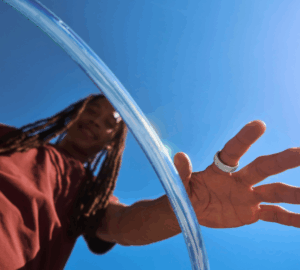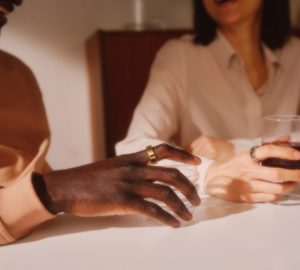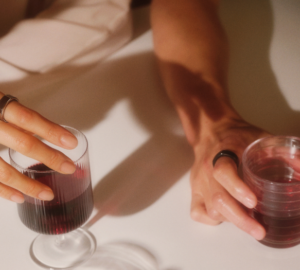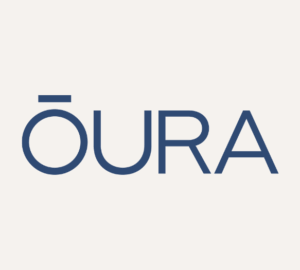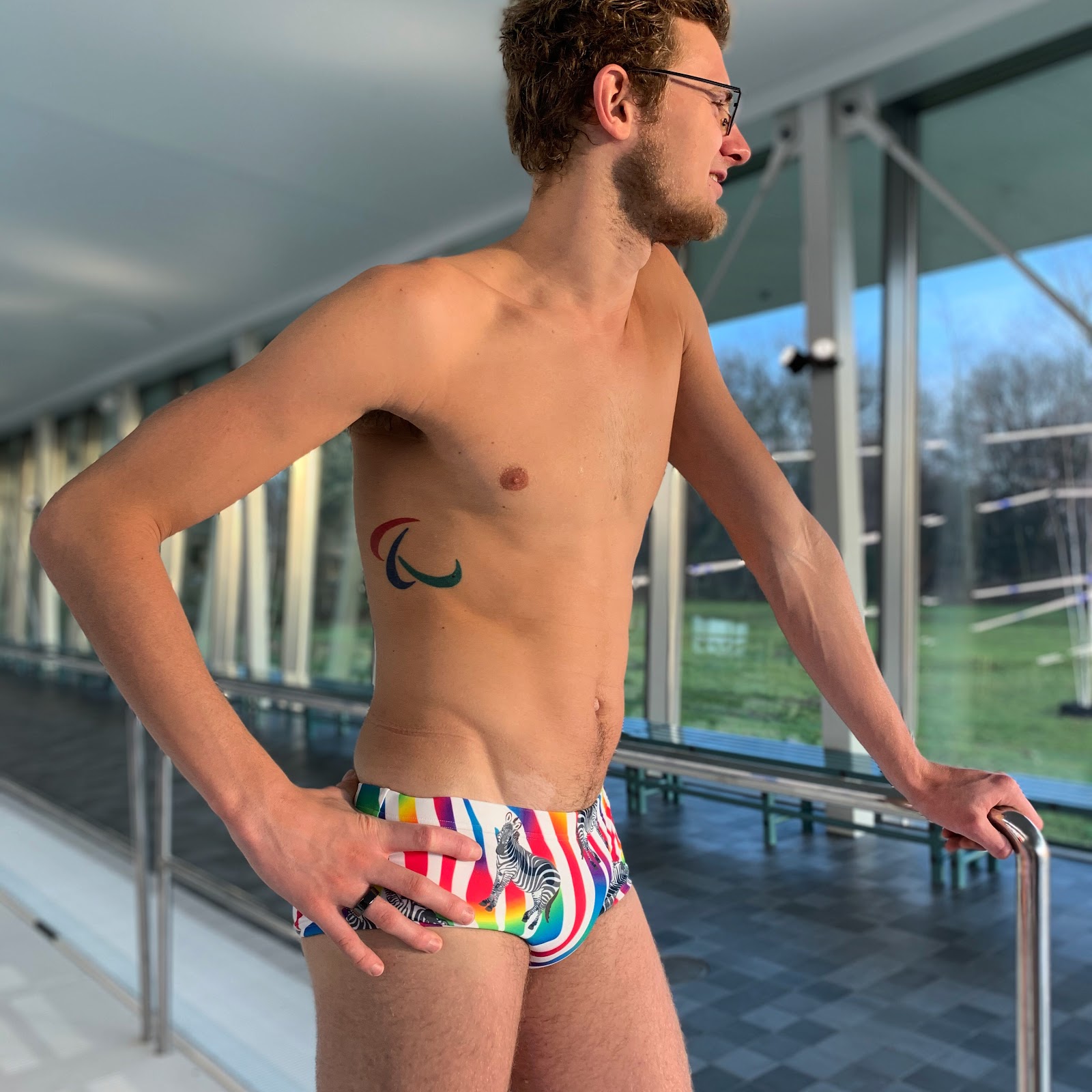Bas is a swimmer for the Dutch National Paralympic Team and took the time to sit down and share his story — from his beginnings to his present, where he now uses Oura to optimize his training and stay on top of his personal health.
Bas’s Beginnings
A constant in Bas’s life has been his condition. He has impairments in both of his feet, which require him to wear a brace, but that hasn’t stopped him from achieving the goals he’s strived for since childhood.
“To take you all the way back to the beginning, I started swimming when I was about 7. In the Netherlands, it’s kind of mandatory to get your swimming certificate just to prove you know how to survive once you get in the water, and most get that between 4-6 years old.
So, right after getting my certificate, when I was starting to look for a sport, I discovered that my father was a Dutch champion swimmer. He never told me, but I found a big box with several awards upstairs.”
Many’s initial response would have gone something like, “I can’t believe this was you, Dad! Why didn’t you say anything?” But Bas had something quite more ambitious on his mind.
“I took some of his awards out, walked downstairs, and asked him: ‘What do I have to do to get one of these?’ That’s how my love for swimming started.”
Years later, in December 2014, Bas was introduced to the Dutch Paralympic Swimming Team’s coach at his swim club, and his life trajectory would change forever.
Training as a Paralympian With Oura
“Now it’s been 4 more years and I still love what I do. And I’m even more stoked now for next year’s Paralympics. It would have been lovely to compete this year, but because of the pandemic it got moved. Though it was sad at first, that gives me another year of training.”
That training is exactly what Bas optimizes with Oura today, and it’s no small feat.
“I compete in the 400 Freestyle, which is the longest event they offer, so I need to train at a high level.”
Bas and his team’s average week looks something like this:
- Swimming training for at least 2 hours, 10 times a week
- Dry land training at least half an hour, 10 times a week
- Gym strength training for an hour, 3 times a week
How does Bas manage all this training? With Oura.
“I’ve had an Oura Ring for around a year now, and it plays a huge role now in my training. I use it to keep track of the impact my training has on my body. Everyday I need to give my heart rate and sleep stats to my coach, but, more importantly, I also use Oura’s insights for myself. When I look at my app and see something that’s breaking a trend, like my sleep, I try to pay attention and maybe change a bit that day’s schedule.”
Bas’s Oura Ring stays on his finger even when he’s not training, and he uses his insights to maximize his recovery time.
“I look at my Readiness score right when I wake up each morning, and I’m still aiming for a 90 or above — mid 80s is my highest so far. I even check my app after my afternoon nap just to check-in on how my body is recovering.”
The personalized nature of Oura insights is what Bas loves the most, and it’s a big reason why Bas chose Oura over other wearables.
“I’m the only one on the team that uses an Oura Ring to monitor their sleep, training, and recovery. The other members are using a variety of other wearables, so we do compare and compete a lot. But, when it comes to why I use Oura over the other wearables, I just think it’s better. It’s less intrusive, no one likes a talking screen strapped to their wrist, and the range of insights my Oura Ring gives me is way larger than other brands. So, I think it’s doing more in a smaller package, and that’s always a good deal.
And now there has been quite a lot of people on my team asking ‘Oh. So what’s that ring? Maybe I’ll switch over.’ But, for now, I have the edge.”
Some Tips From Bas
Bas closes his story with some of his key tips and learnings to help anyone who wants to step up their training or are just interested in having a bit more energy each day.
“Since I’ve learned these things, I have an even bigger box of awards of my own upstairs.”
- “Sleep, sleep, sleep. I try to get more sleep than I normally would when I’m training. Then I get my butt in front of the TV and watch some Netflix or play some Call of Duty with my teammates—anything but swimming to recharge. The time off is just as important as my training time.”
- “Always listen to your body. It knows best and even knows things that you may not know yet. If something hurts or aches, it’s probably your body letting you know that something is up. Don’t ignore it. With my scores, I combine my Sleep and Readiness scores to give me an impression of how I’m really feeling that day, because sometimes I may wake up feeling pretty good, but 50 minutes later I’m like ‘My scores were right. I feel terrible.’ and adjust.”
- “Do what you like, and have fun doing it. Everything else comes easier if you follow that rule. No matter if it’s swimming, running, cycling, or driving around in your car, if you truly love it it’ll show.”
What’s Your Oura Story?
Everyone’s story is unique. Share yours with the Oura Community.







